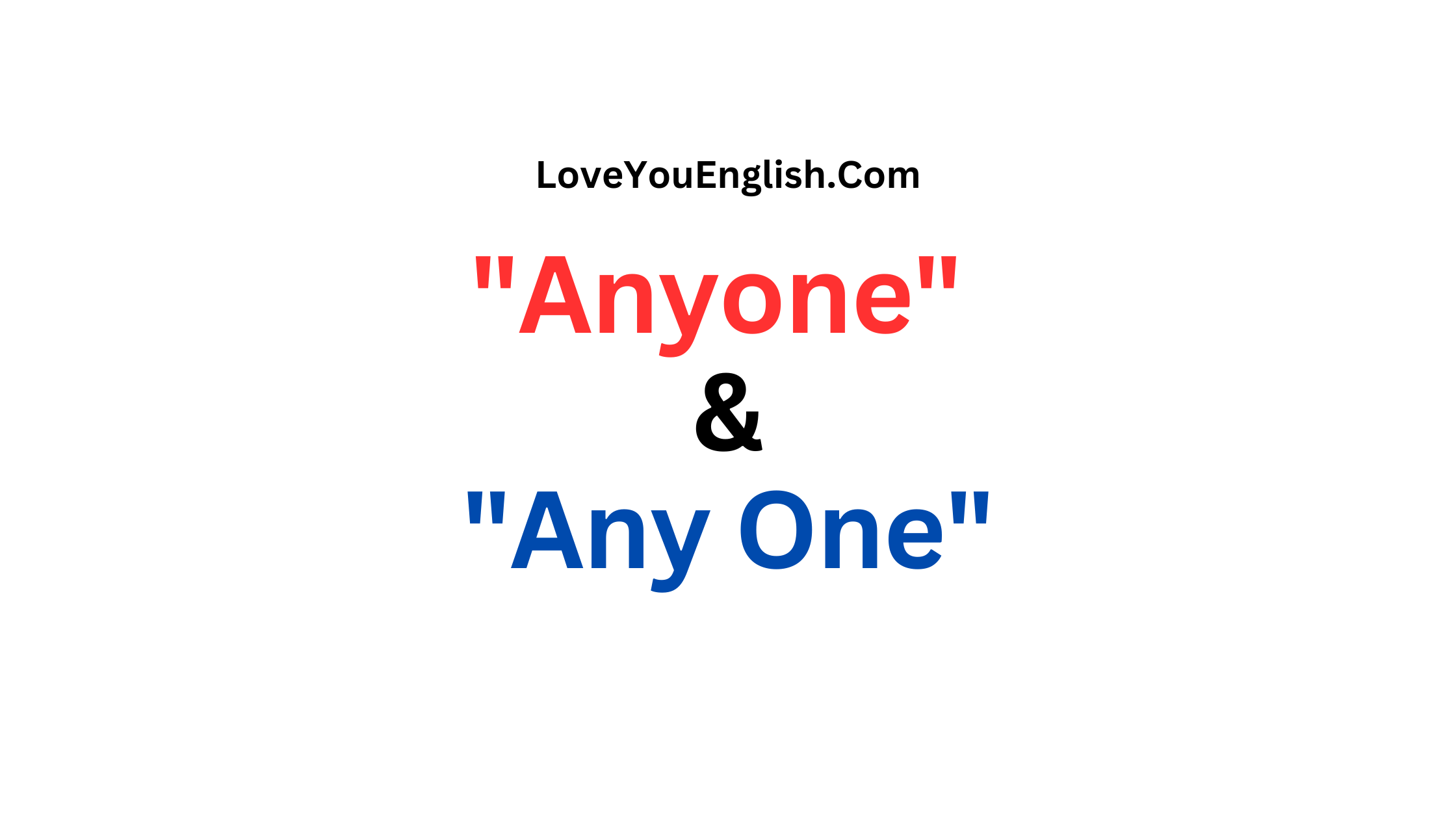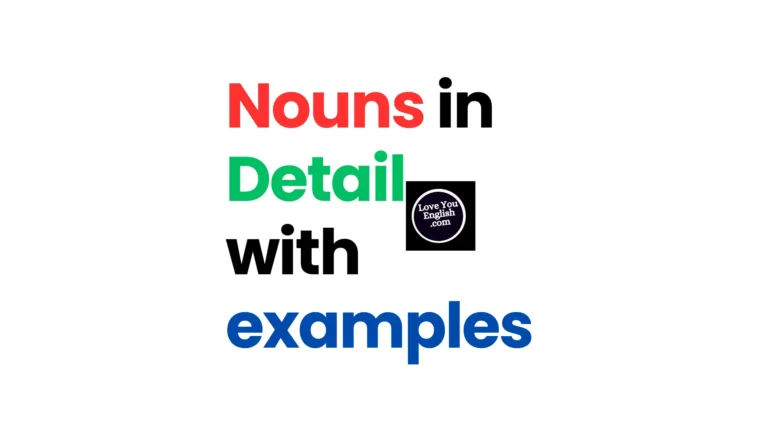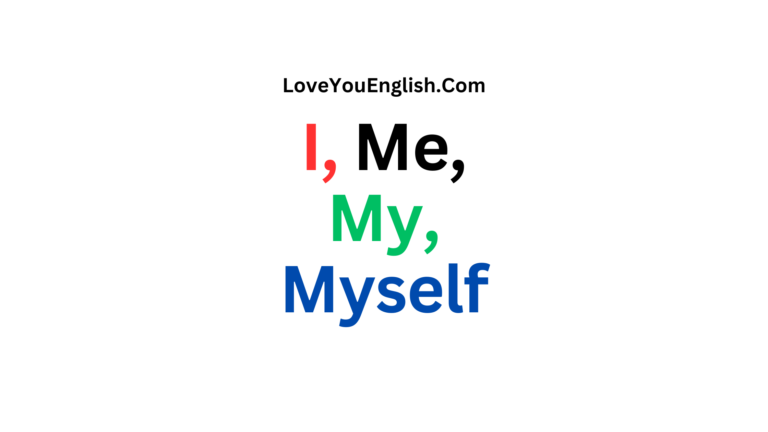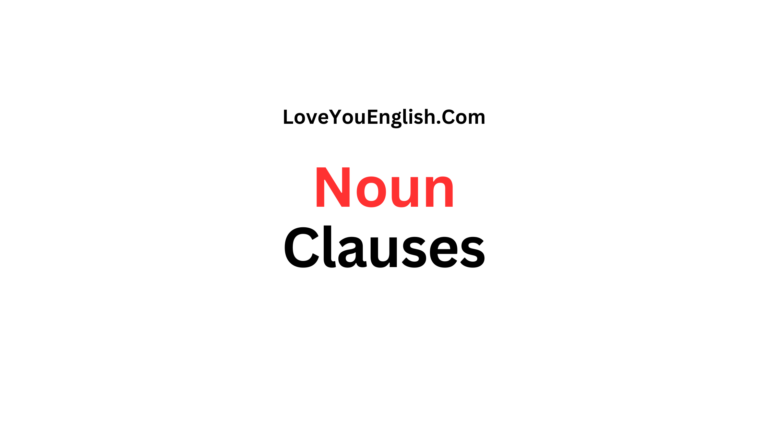Difference Between “Anyone” and “Any One”
Difference Between “Anyone” and “Any One”
Language is a fascinating and complex tool that we use all the time.
Even in English, a language spoken by many people around the world, there are small details and differences that can confuse us.
For instance, the words “anyone” and “any one” may seem similar, but they actually have different meanings and purposes.
Let’s take a closer look at the distinction between “anyone” and “any one,” with some examples to make it easier to understand.
Understanding “Anyone”
“Anyone” is an indefinite pronoun that refers to any person out of a group of people.
It’s a single word and is used to talk about people in a general sense without specifying who they are.
Essentially, “anyone” means “any person” or “anybody.”
Usage of “Anyone”:
“Anyone” is often used when the identity of the person is not important or when referring to an unspecified person.
It can be used in positive sentences, negative sentences, and questions.
It’s a handy word when you want to include all possibilities or when the person doesn’t need to be identified specifically.
Examples of “Anyone”:
-
- “Anyone can join the club.”
- “Does anyone know the answer?”
- “I don’t think anyone has ever done that before.”
In each of these examples, “anyone” refers to any person within a group without pointing to someone specific.
Understanding “Any One”
“Any one” is a phrase composed of two words: “any” and “one.”
When used together, they emphasize the individuality of a single item or person out of a particular set or group.
It often means “any single person or thing” from a specified group.
Usage of “Any One”:
“Any one” is used when you want to emphasize the individuality of one item or person from a group.
It’s often followed by “of” and a specific group or category.
This phrase is particularly useful when you want to highlight that you’re talking about a single person or item, as opposed to the whole group.
Examples of “Any One”:
-
- “You can choose any one of these books.”
- “Any one of the students could be the winner.”
- “Any one of those options would be acceptable.”
In these examples, “any one” points to a single entity out of a larger group, emphasizing the choice of one specific item or person.
Explore more topics:
Tips for Teaching English in a Classroom
Commonly Confused Words in English: A Simple Guide
150 English Phrases for Conversations
Ultimate Guide to Learning English Online
Breaking Down the Differences
While “anyone” and “any one” may seem similar, their differences lie in how they are used and what they refer to:
Form:
-
- “Anyone” is a single word.
- “Any one” is a two-word phrase.
Meaning:
Usage:
Common Mistakes and How to Avoid Them
Due to their similar appearances, “anyone” and “any one” are often confused. Here are some tips to help you use them correctly:
Remember the Context:
Use “Of” as a Clue:
Practice with Examples:
Practical Examples in Sentences
To further illustrate the differences, let’s look at more examples in sentences:
Anyone:
“Anyone who wants to attend the meeting should be there by 10 AM.”
-
-
- Here, “anyone” refers to any person without specifying who.
-
“I don’t think anyone will mind if we start early.”
Any One:
“Please select any one of the available options.”
-
-
- This sentence emphasizes choosing a single option from a set of available ones.
-
“Any one of these paintings could be hung in the gallery.”
Exercise: Practice Makes Perfect
To solidify your understanding, try completing these sentences with either “anyone” or “any one”:
- “________ can participate in the marathon.”
- “You may take ________ of the books from the shelf.”
- “Is there ________ here who can help me?”
- “________ of you could be chosen for the role.”
Answers:
- Anyone
- Any one
- Anyone
- Any one
Conclusion
Understanding the difference between “anyone” and “any one” is a small yet significant part of mastering the English language.
By paying attention to context and the specific meaning you intend to convey, you can use these terms correctly and effectively.
To summarize:
- Use “anyone” when referring to people in a general sense, without specifying individuals.
- Use “any one” when emphasizing a single person or item out of a particular group.
With practice, distinguishing between these two terms will become second nature.
Remember, the key is in the context and the specific meaning you wish to convey.
Happy writing!
_____________________
Check out these awesome grammar books I recommend:
High School English Gram & Comp – by WREN & MARTIN
OXFORD ENGLISH GRAMMAR COURSE ADVANCED WITH KEY (WITH EBOOK)







